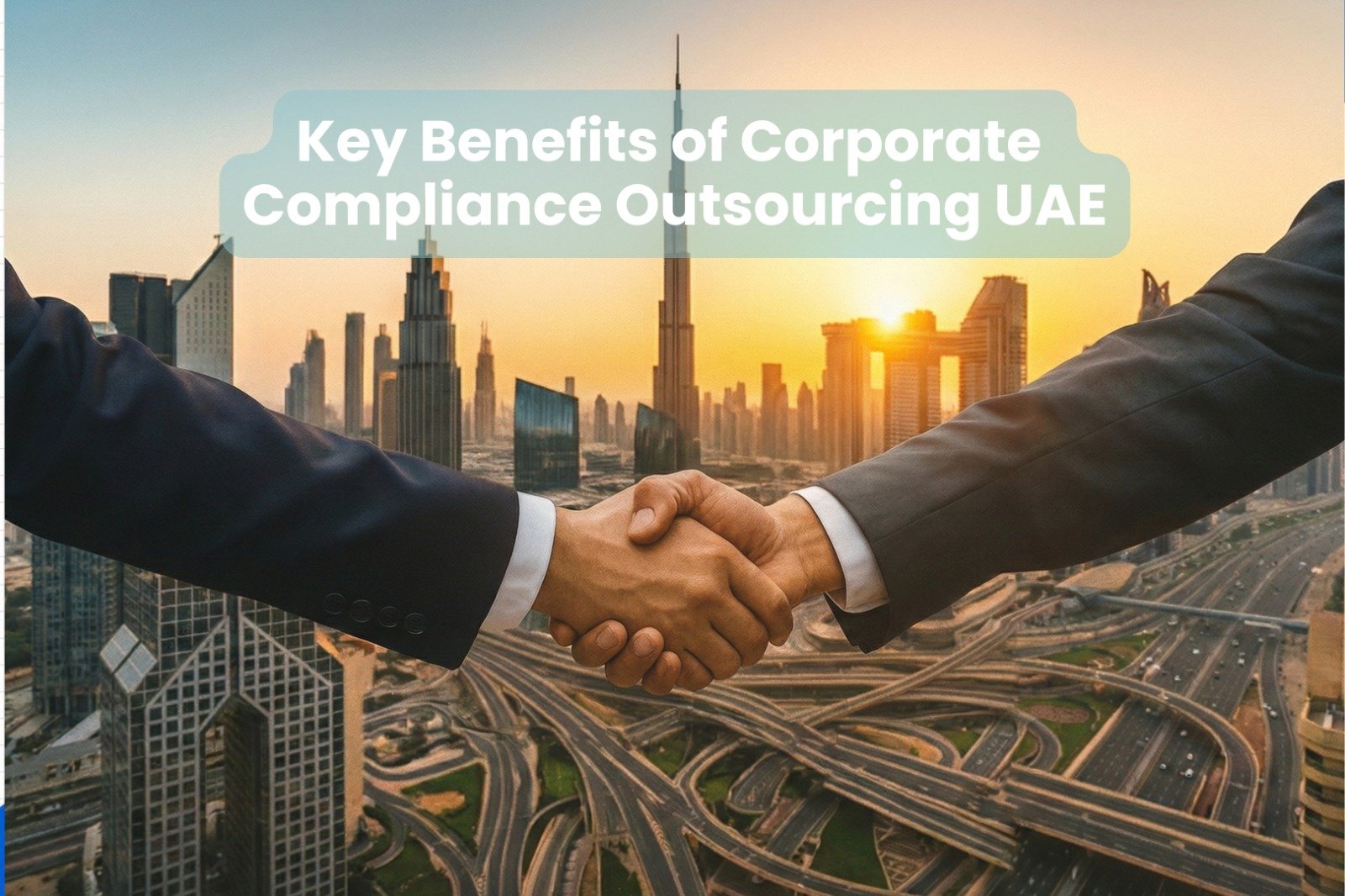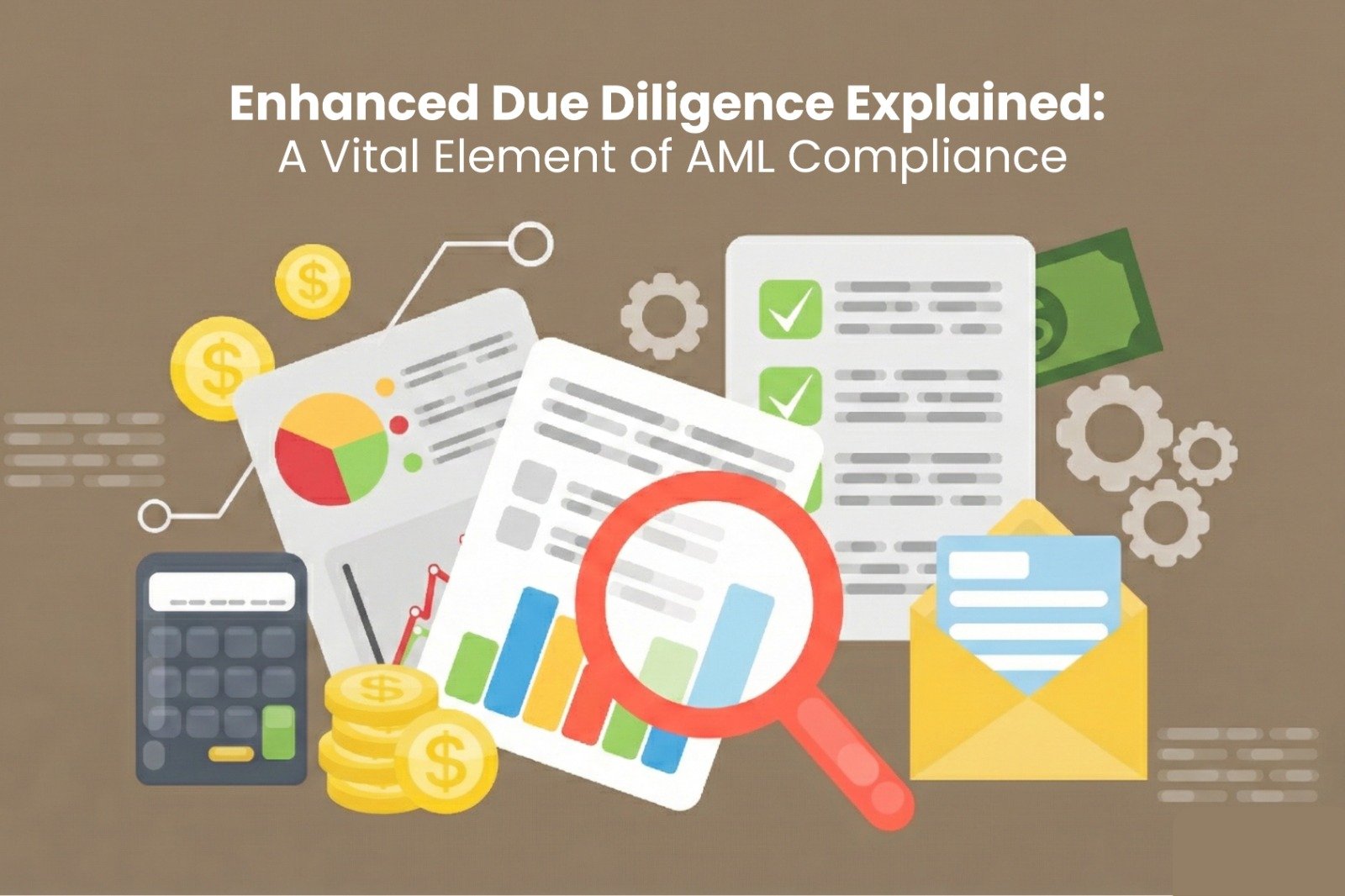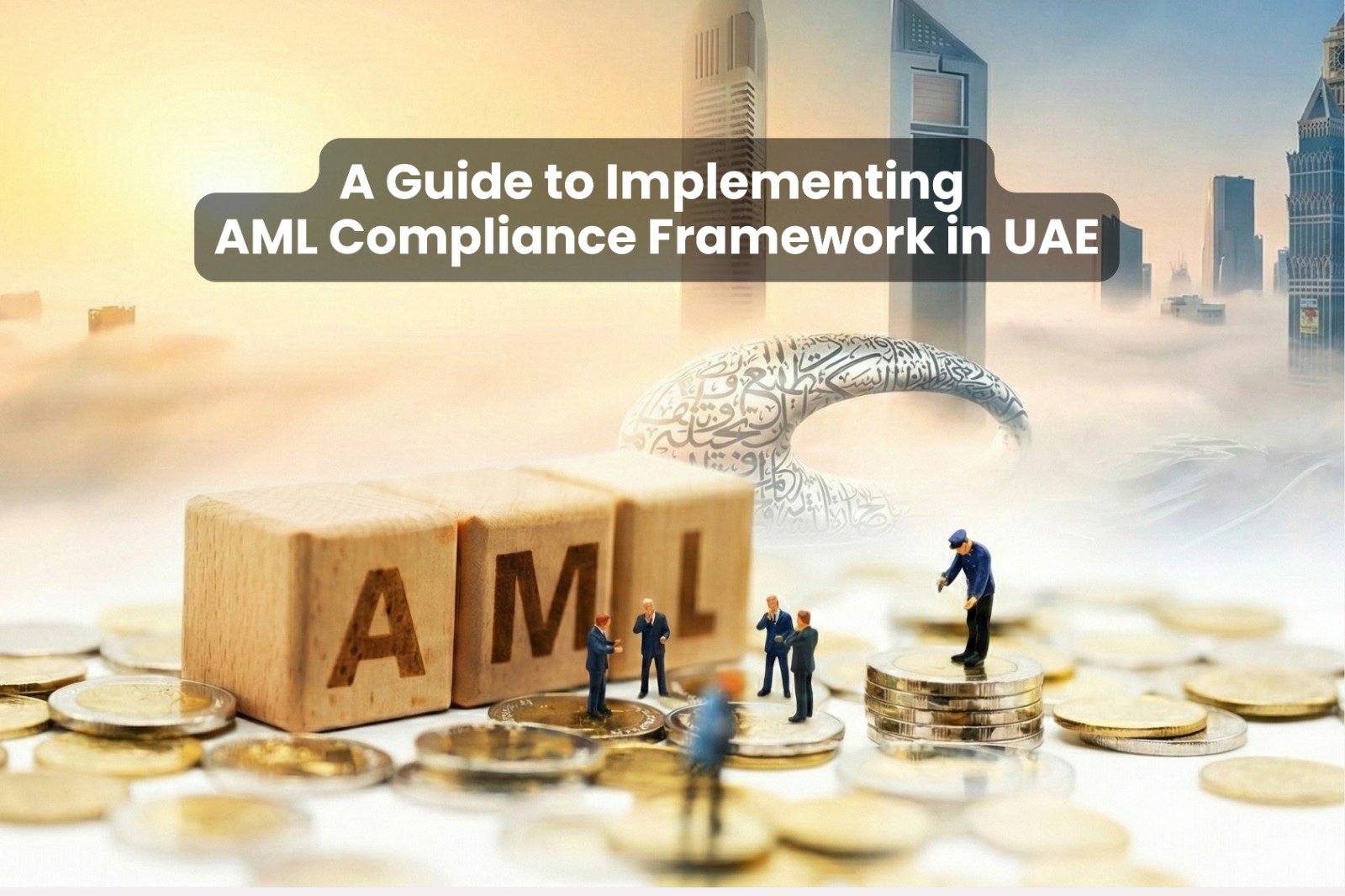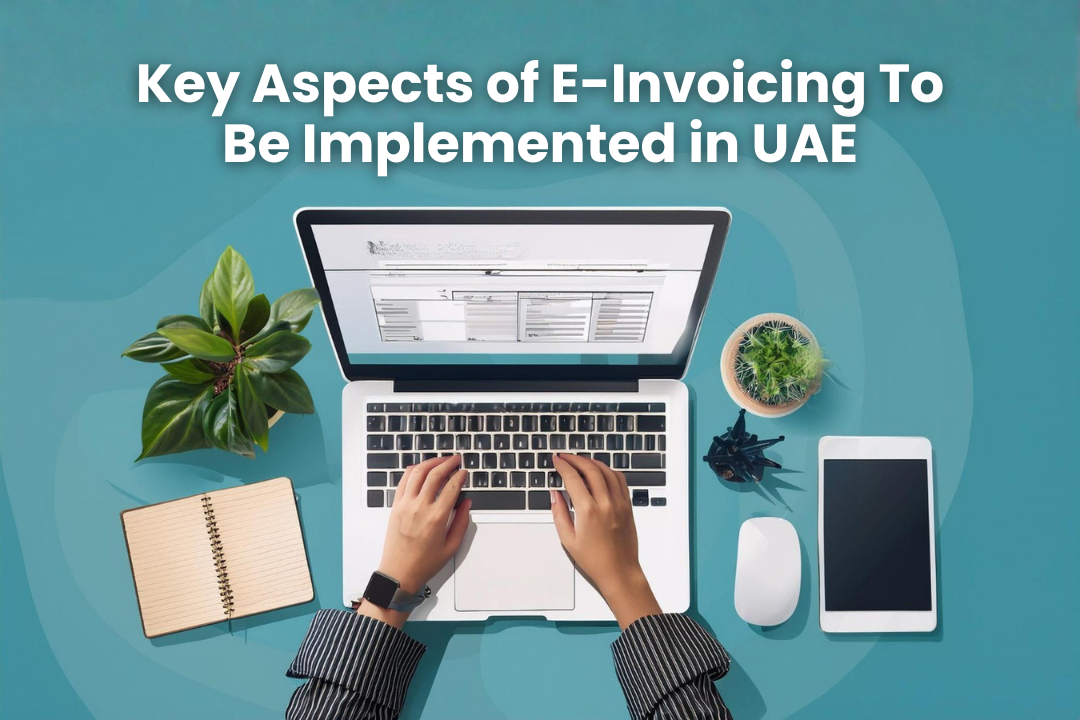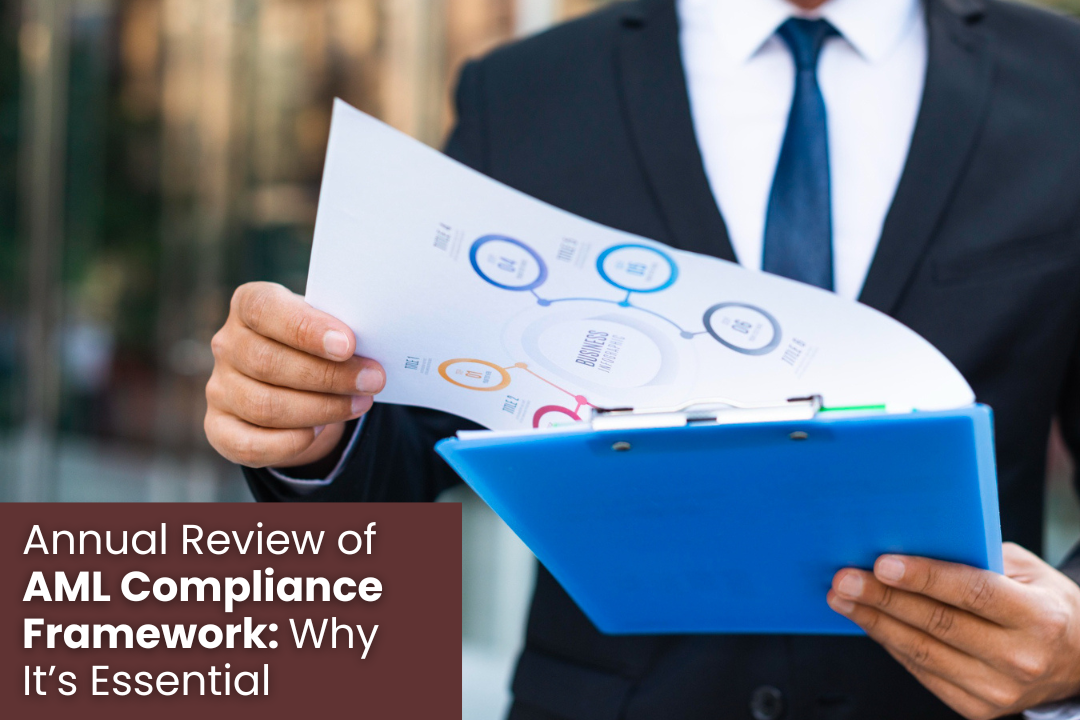As financial crimes continue to evolve, regulatory authorities in the UAE have significantly tightened Anti-Money Laundering (AML) frameworks to combat illicit financial activities and align with international standards. Whether you’re a financial institution, a designated non-financial business and profession (DNFBP), maintaining AML Compliance in UAE is no longer optional — it’s a legal obligation.
With hefty fines, reputational damage, and license suspensions at stake, businesses must proactively adopt AML strategies to mitigate risks and ensure sustainable growth.
Why AML Compliance Matters in the UAE
The UAE has established itself as a global financial hub, making it a target for money laundering and terrorist financing activities. To address this, the government introduced robust laws and regulations under Cabinet Decision No. (10) of 2019 and Federal Decree-Law No. (20) of 2018, which mandate AML obligations for both financial institutions and DNFBPs.
Failing to comply can result in:
- Administrative fines ranging from AED fifty thousand to AED 1 million
- Blacklisting or license suspension
- Reputational damage and client loss
Key Elements of AML Compliance in UAE
To effectively combat financial crime, the UAE has established a comprehensive Anti-Money Laundering (AML) framework aligned with global standards, particularly the recommendations of the Financial Action Task Force (FATF).
For businesses operating in the region—especially financial institutions and Designated Non-Financial Businesses and Professions (DNFBPs)—understanding the key elements of AML compliance in UAE is essential.
These components form the foundation of a robust compliance program, helping organizations detect, prevent, and report suspicious activities while ensuring regulatory adherence. Below are the critical pillars that support a sound AML compliance structure in the UAE.
1. GoAML Registration and Subscription to Sanction List:
Registration on the UAE FIU’s goAML Portal, furnishing information about the organization and the Compliance Officer is mandatory.
Reporting Entities are required to register to the Notification Alert System (NAS) on the EOCN’s website to receive automated email notifications on any updates to the Sanctions Lists
2. Customer Due Diligence (CDD)
Businesses are required to identify and verify the identity of clients before entering into business relationships. Enhanced Due Diligence (EDD) is mandatory for high-risk customers and transactions.
3. Risk-Based Approach (RBA)
Implementing a risk-based AML program enables businesses to assess and prioritize risks associated with clients, geography, and transaction types — ensuring efficient allocation of resources. Businesses should make the Enterprise Wide AML Risk Assessment on a regular basis and Customers Risk Assessment (CRA) before onboarding a customer or making any transactions.
4. Suspicious Transaction Reporting (STR)
Organizations must report any suspicious financial activities to the UAE’s Financial Intelligence Unit (FIU) via the goAML platform. Timely reporting is a key indicator of compliance. In addition there are several reports available in GoAML platform to report information required to be furnished to regulators.
5. Internal Controls and Record-Keeping
Firms must implement internal AML/CFT policies, conduct regular audits, and maintain transaction records and client identification documents for a minimum of 5 years.
6. AML Training and Awareness
Regular AML compliance training in the UAE ensures that staff remain updated on regulatory changes, typologies of financial crime, and procedures for identifying and reporting suspicious activity.
Who Must Comply with AML Regulations?
The UAE AML law applies to:
- Banks and financial institutions
- Insurance companies
- DNFBPs: Real estate brokers, auditors, gold/jewelry traders, law firms, corporate service providers, etc.
All these entities are required to register with the goAML portal and establish a structured AML compliance program.
Benefits of AML Compliance Services in UAE
Professional AML compliance services in UAE help you:
- Implement a tailored AML/CFT policy framework
- Conduct AML risk assessments and gap analysis
- Prepare for regulatory inspections and audits
- File accurate STRs and maintain compliance documentation
- Train your team with industry-specific AML modules
How to Build a Culture of Compliance
Creating a culture of compliance goes beyond meeting regulatory checklists—it involves embedding ethical behavior, accountability, and risk awareness into the fabric of your organization.
In the context of AML Compliance in UAE, cultivating a compliance-driven culture ensures that every employee, from leadership to operations, understands their role in identifying and preventing financial crime.
A strong compliance culture not only reduces exposure to regulatory penalties but also strengthens trust with clients, partners, and regulators. Here’s how businesses can systematically build and sustain a culture that prioritizes AML integrity and long-term compliance.
- Appoint a compliance officer or hire external consultants
- Document your AML/CFT policies and procedures
- Conduct regular internal audits
- Stay updated with the latest UAE AML compliance policies
A proactive approach helps businesses avoid risks and thrive in a transparent, globally competitive market.
Conclusion
Staying ahead of AML Compliance in UAE is essential for protecting your business from financial crime and regulatory penalties. Whether you’re just starting or looking to strengthen your existing compliance program, expert guidance is crucial. Auditac International, with offices in Dubai and Abu Dhabi, offers end-to-end anti-money laundering services in UAE — from risk assessments and compliance audits to training and policy documentation — helping your business meet regulatory expectations with confidence.

